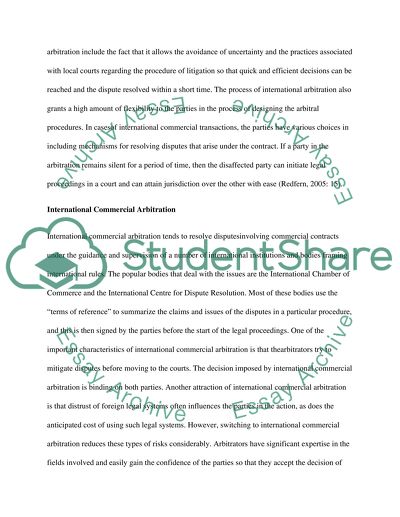Cite this document
(“International Commercial Arbitration Law Assignment”, n.d.)
Retrieved from https://studentshare.org/law/1394664-international-commercial-arbitration-law
Retrieved from https://studentshare.org/law/1394664-international-commercial-arbitration-law
(International Commercial Arbitration Law Assignment)
https://studentshare.org/law/1394664-international-commercial-arbitration-law.
https://studentshare.org/law/1394664-international-commercial-arbitration-law.
“International Commercial Arbitration Law Assignment”, n.d. https://studentshare.org/law/1394664-international-commercial-arbitration-law.


